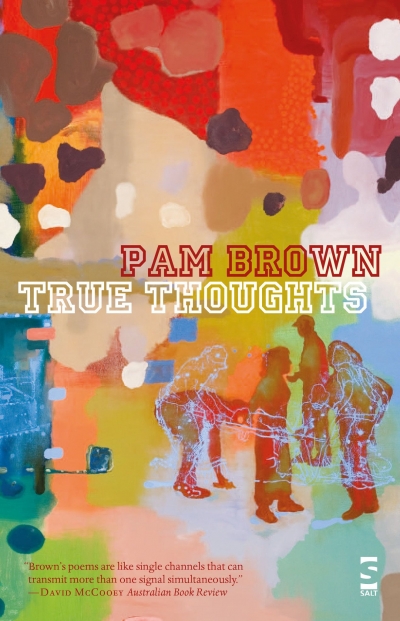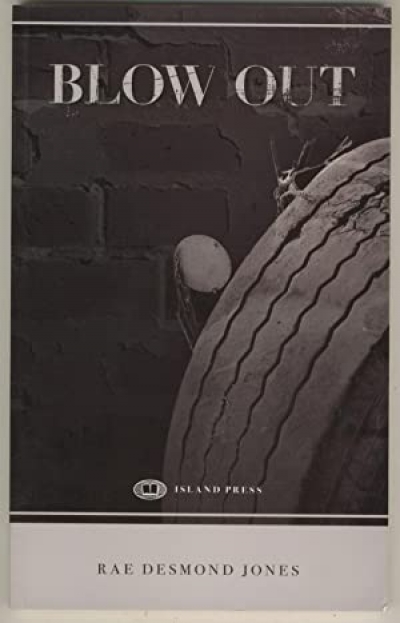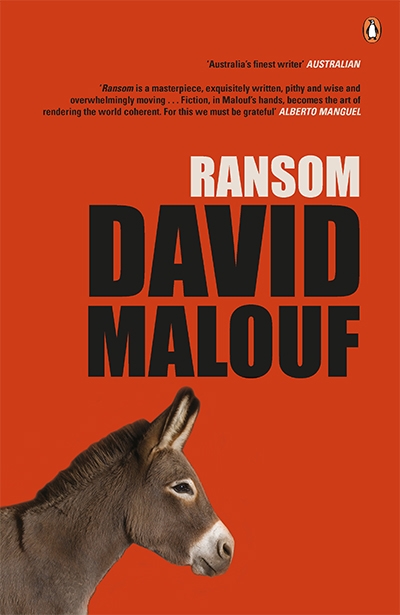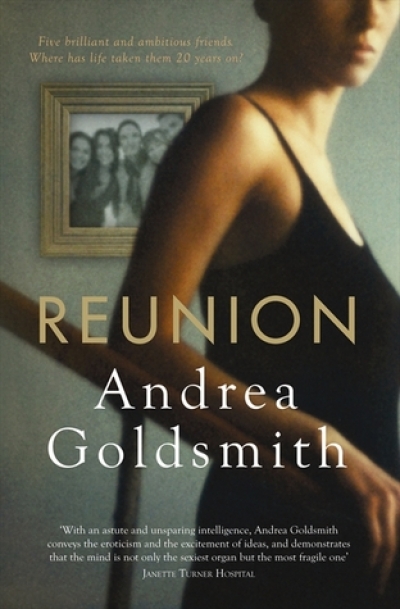Archive
Film | Theatre | Art | Opera | Music | Television | Festivals
Welcome to ABR Arts, home to some of Australia's best arts journalism. We review film, theatre, opera, music, television, art exhibitions – and more. To read ABR Arts articles in full, subscribe to ABR or take out an ABR Arts subscription. Both packages give full access to our arts reviews the moment they are published online and to our extensive arts archive.
Meanwhile, the ABR Arts e-newsletter, published every second Tuesday, will keep you up-to-date as to our recent arts reviews.
Recent reviews
There was a party when I first came to this country. The table was heavy with plates of pizza and chicken balls and Turkish dips with sticks of celery that no one touched. Balloons clustered on the ceiling, trying to escape the heat of the room. A badly lit fire in the fireplace sent out curls of smoke, and a double-bar radiator sat burning in the opposite corner.
‘This is my Filipino brother-in-law, Enrico,’ Alan said each time he introduced me, grasping my arm or giving me a playful punch. At that point, the person I was meeting would clap my shoulder and say, ‘Welcome to Australia!’ as if they had rehearsed this gesture for my arrival.
... (read more)And now ’tis done: more durable than brass
My monument shall be, and raise its head
O’er royal pyramids: it shall not dread
Corroding rain or angry Boreas,
Nor the long lapse of immemorial time.
(Horace, Odes, III.xxx)
With what other words could one possibly begin a paper on philanthropy? Here we have the Roman poet Horace in full celebratory mode: his memorial will outlast even hard metal. What’s more, it comes at the end of the third book of Horace’s Odes, so many of which are dedicated to that legendary philanthropist Maecenas, who has given his very name to the arts of philanthropy, and who was the patron not just of Horace but also of Virgil and Propertius. Of course, then as now, Maecenas’s philanthropy was not altogether innocent, as even these poets suggest. Ultimately, the exquisite poetry of this Golden Age was in honour of the one and only emperor, Augustus, lauding his beneficence and the prosperity of his reign.
... (read more)Culture Is …: Australian stories across cultures edited by Anne-Marie Smith
The Princess and the Packet of Frozen Peas by Tony Wilson and Sue deGennaro
Adolescence can be a battlefield. From family, school and neighbourhood clashes to finding support during actual warfare, these four new books for young readers involve characters caught up in very different turf wars.
... (read more)






